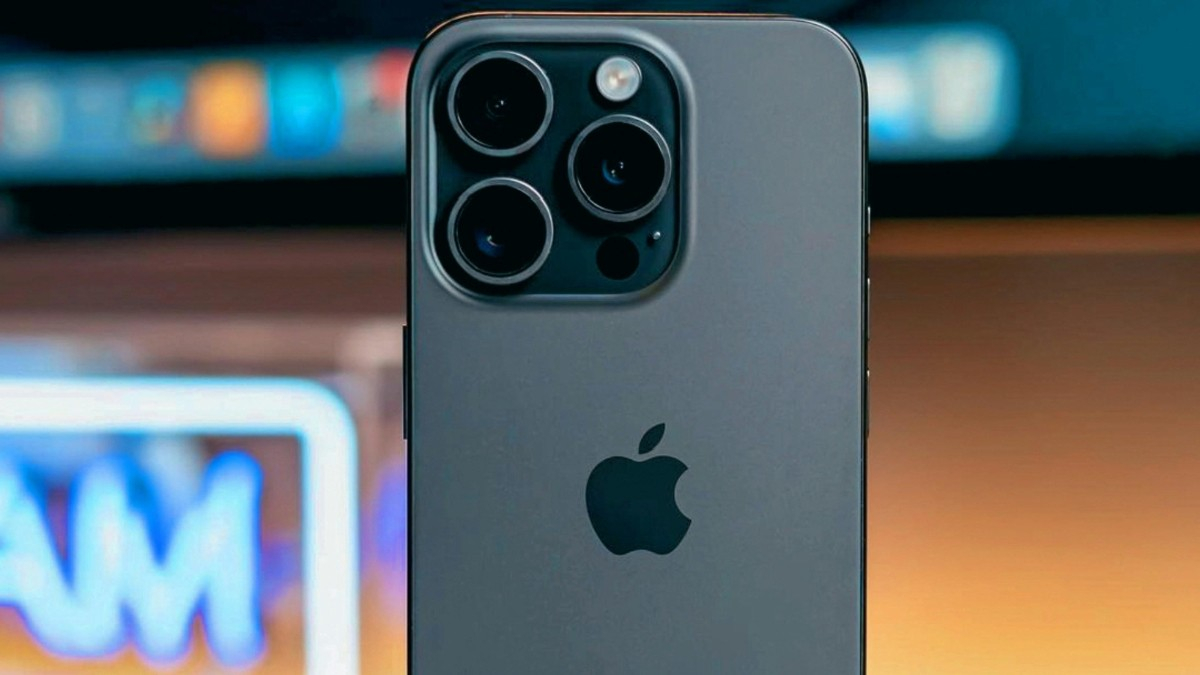In a major move, Apple has agreed to pay out $95 million to settle allegations that its Siri voice assistant recorded users’ private conversations without their consent. This comes on the back of a class-action lawsuit against the tech giant for allegedly breaching users’ privacy by allowing Siri to be unintentionally activated, thus making sure that private conversations were overheard and possibly shared with other parties. The article goes into the details of the settlement and what it means for iOS users.
Background of the lawsuit
The suit against Apple follows a 2019 report by The Guardian that detailed whistleblower allegations of contractors for Apple having listened to recordings made by Siri, including conversations that users believed were private. It highlighted instances where Siri was triggered inadvertently, often without the user saying the wake phrase “Hey Siri”, recordings of sensitive discussions, including medical consultations, personal relationships, and even illicit activities.
These were recordings that the plaintiffs claimed were intrusive and used for targeted advertising where, for instance, the users would report seeing an ad for the very same products or services they were talking about in private, raising serious questions as to privacy and misappropriation of personal information.
Settlement terms
The proposed settlement, which must be approved by U.S. District Judge Jeffrey White, will allow affected users who owned Siri-enabled devices between September 17, 2014, and December 31, 2024, to seek compensation. The eligible users may claim up to $20 for each device they own that was subject to inadvertent activation during confidential conversations. With tens of millions of such devices sold in that period, the settlement may affect a very large number of consumers.
In addition to the monetary payout, the settlement would have Apple concede to the destruction of Siri recordings collected prior to October 2019, and provide greater transparency into how it collects voice data, such as launching a webpage on how users may opt-in or out to offer their anonymized recording to help Siri improve its features.
How iOS users would be affected
The settlement in the case, both for the iOS users in terms of monetary compensation and in providing a reminder that the voice-activated tech sector is still grappling with persistent concerns over privacy infringement, allows affected users with evidence of infringement to claim up to five devices, including iPhones, iPads, Apple Watches, and HomePods. However, the final payout per individual claimant will likely be well below the stated maximum because so many have filed claims.
The settlement reflects growing consumer awareness of rights to digital privacy. Now that voice assistants are planting themselves in every aspect of life, users are more watchful of how their data is being tracked and monetized. This case will set an important precedent to compel tech companies to be held responsible for business practices in regard to privacy.
Apple’s response
Although Apple has agreed to the settlement, it denies that it has done anything wrong and still requires approval from District Judge, Jeffrey White, as said above. Apple always presented itself as a company that respects the privacy of its users, but this lawsuit just goes to show how difficult it is to gain the trust of consumers who almost always complain that Apple is invading their privacy.
As part of its defense, Apple pointed out that requests from users do not get tagged with individual Apple IDs, and shared data with contractors only under heavy confidentiality agreements. The incident still raises questions as to how well tech firms can protect users’ privacy while continuing to offer complicated services such as voice recognition. Court documents say only an estimated 3% to 5% of eligible consumers will likely file claims. Consumers eligible for restitution will be capped at a maximum of five devices.
Looking ahead, this case may prompt other tech giants, such as Google and Amazon, to reevaluate their own practices regarding voice data collection and user consent. Similar lawsuits against these companies would suggest that the scrutiny over privacy issues will likely only intensify in the coming years.
Read more: What is passive income and how can I make it work for me in 2025?
Read more: More than 9 million U.S. workers will receive a pay raise on January 1 – These are the states and cities that will get…
